Tsegaye Tegenu, PhD
2024-10-22
I wrote this article on September 26, 2016, eight years ago. I am reposting it again. Why? The phrase “history repeating itself” refers to the idea that events, patterns, or behaviors from the past tend to recur over time in similar forms, often because people, societies, or nations fail to learn from previous experiences. This concept highlights the cyclical nature of human events—whether they be wars, political upheavals, economic crises, or social movements.
The phrase is often used as a cautionary reminder, suggesting that we should pay attention to history to avoid making the same mistakes again. If people or societies pay no attention to history, the consequences are often repeated mistakes, leading to negative outcomes that could have been avoided.
The article that I am reposting conveys a message that the mistake has been repeated for over a hundred years, that means it points to deeply ingrained systemic issues, entrenched power dynamics, or societal behaviors that are resistant to change. This can indicate a failure of collective learning, ongoing denial of the root causes, or an inability or unwillingness to address the underlying problem.
Below, you will find the complete text of the article. Each time I revisit the events and patterns in the article, I not only see recurring historical patterns with fresh eyes but also recognize how true they are. Professor Donald Crummey comments suggest a deep awareness of the consistency and universality of certain truths across time. Please read the following and judge yourself.
There is an interesting parallel between the popular uprising in Tigray led by TPLF in the 1980s and the recent popular protests in Oromo and Amhara regions. All popular movements, including Eritrea’s secession led by EPLF, revealed the true characteristics, limitation and historical nature of the Ethiopian central state. These movements profoundly questioned the capability of the Ethiopian central government to change the material wellbeing of the local people. All popular uprisings did not trust the central government when it comes to economic development. Whatever the characteristic or name given to it, be it unitarist or federalist, the popular movements revealed the unchanging profound nature of the Ethiopian central state. What is the hidden nature of the Ethiopian central state or government which all popular movements of the country revealed or underlined to those of us who oversight history?
I would like to ponder over this question by reflecting back on the comments made by Professor Emeritus Donald Crummey about my book on the evolution of the Ethiopian absolutist state in the nineteenth century. The book is titled “The Evolution of Ethiopian Absolutism: The Genesis and the Making of the Fiscal Military State, 1696-1913.
In 1996 Professor Donald Crummey sent to my institute a book review message saying: “Tsegaye Tegenu’s The Evolution of Ethiopian Absolutism is a carefully argued account of the origins of the modern Ethiopian state. It stresses that the foundations of the modern Ethiopian state rested on an increased military capacity, rather than on reforms which might promote economic development.”
I really could not understand why Professor Donald Crummey came to such a conclusion without being overwhelmed by minute details narrated in 289 pages. Why did Professor Donald Crummey summarized the book in few lines that underlined the interest of the Ethiopian state “increased military capacity, rather than on reforms which might promote economic development”? That was absolutely contrary to my view and expectation about the Ethiopian central state. I see the Ethiopian state as defender of colonialism and put it on parallel ground path like the European state, despite cultural and geographical differences. Why Professor Donald Crummey interpreted century of history in the way that I did not mean to be interpreted.
What I wrote in the book was how the Ethiopian state systematically used land and labor as an economic base for its military growth and involvement. I saw the state as defender of freedom and unity in the face of internal and external enemies. What Professor Donald Crummy saw was the implication of such “state growth” for the economy. I have discussed the economic implications of centralizing policies in chapters seven and eight because my interpretation model forced me to analyze the issues in a comparative perspective. Professor Donald Crummey used these chapters as starting point and framework to interpret the preceding chapters. While I see the period from the military perspective, Professor Donald Crummey brought up the economic side of the history in a way that I cared less to emphasis. I was literally obsessed in glorifying what I considered as collective achievements of the Ethiopian people.
Nonetheless his comments sat in the back of my mind and when felt uncomfortable I tried to ignore it as past historical event. The protests in Oromia and Amhara before that the popular movement in Tigray led by TPLF made me to reflect back on the comments of Professor Donald Crummy. Is it true that the Ethiopian central state cares for its own growth: “an increased military capacity, rather than on reforms which might promote economic development”. Is history repeating itself now? The popular movements in Tigray, Oromo and Amhara helped me to further understand the conclusion of Professor Donald Crummey and to reconsider my ongoing research analysis model about the role of the Ethiopian state in economic growth and transformation.
As Professor Donald Crummey said and as the empirical evidences show the Ethiopian state is concerned primarily for its own growth, safety and wellbeing. The people of Tigray, Oromo, Amhara and other local people understand the central government the way Professor Donald Crummy interpret it.
Sharing the views of the regional and local people, in 1991 the EPRDF government declared self-governing principle and conferred the regions with power to be used as mechanism development and wellbeing. It seems that in the choice of economic policies, design of instruments, EPRDF slipped back into the same tradition of unitarist or centralist. The central government took back the power it conferred to the people. Knowingly or unknowingly, EPRDF used economic policies to increase its own capacity rather than changing the life of the ordinary people.
History shows that whatever mantle it wears, unitarist or federalist, the central Ethiopian state is true to its tradition: very much elitist and extractivist. Irrespective of time and place, in the eyes of the regional and local people, it always cared for itself. The popular movements in Tigray, Oromo, Amhara and Eritrea are testimonies of distrust of the central government of Ethiopia. These movements did not trust the central Ethiopian government when it comes to the design, oversight and implement of economic and institutional reforms.
The question is, given such historical record of path-dependent development, how can the central government of Ethiopia be trusted in the future? Trust is important for the eradication of poverty. OECD’s latest report (Organisation for Economic Co-operation and Development) states that “trust in institutions is important for the success of many government policies, programmes and regulations that depend on cooperation and compliance of citizens” (see https://www.oecd.org/governance/trust-in-government/)


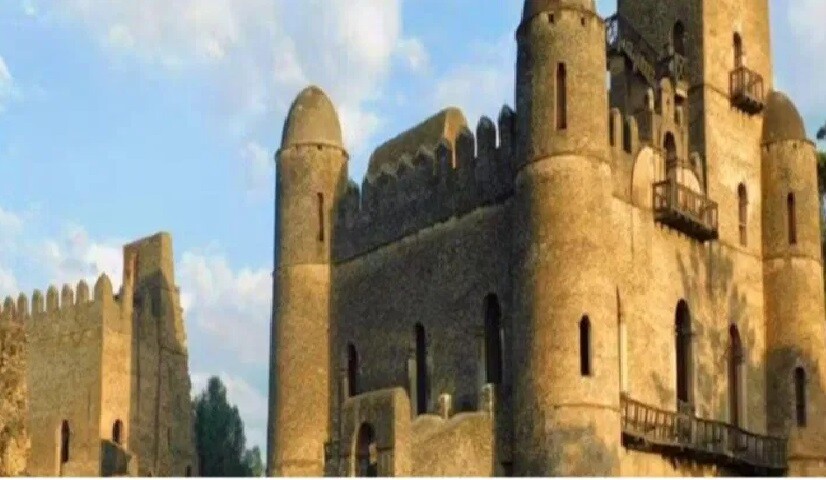


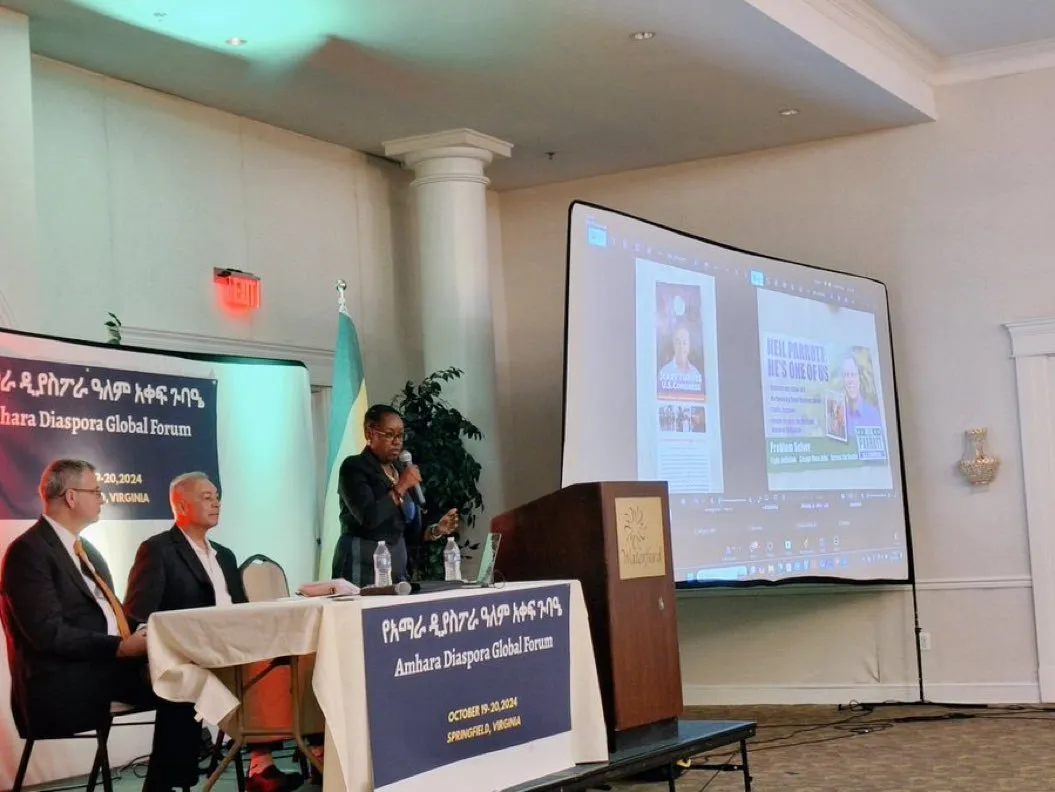
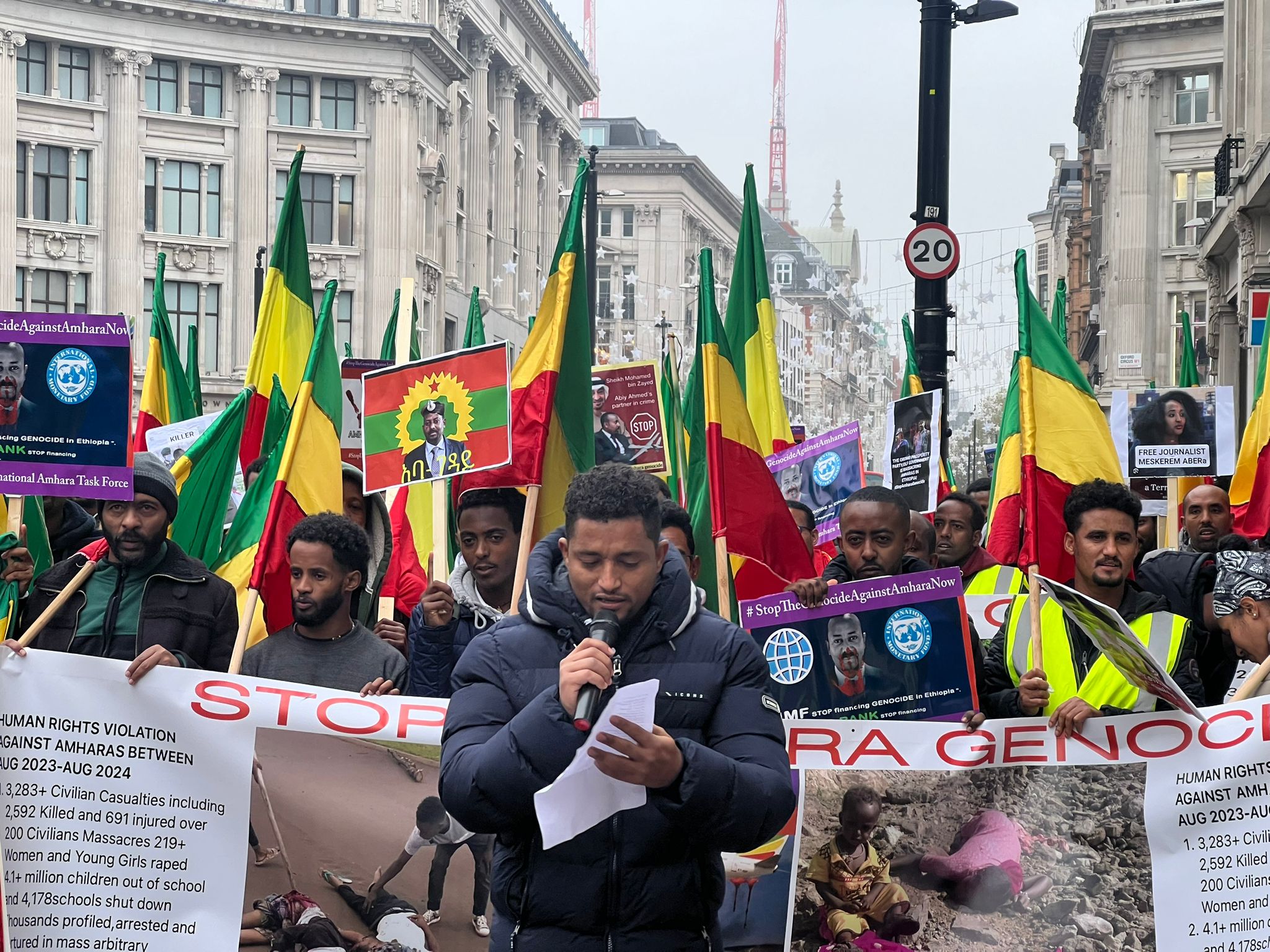


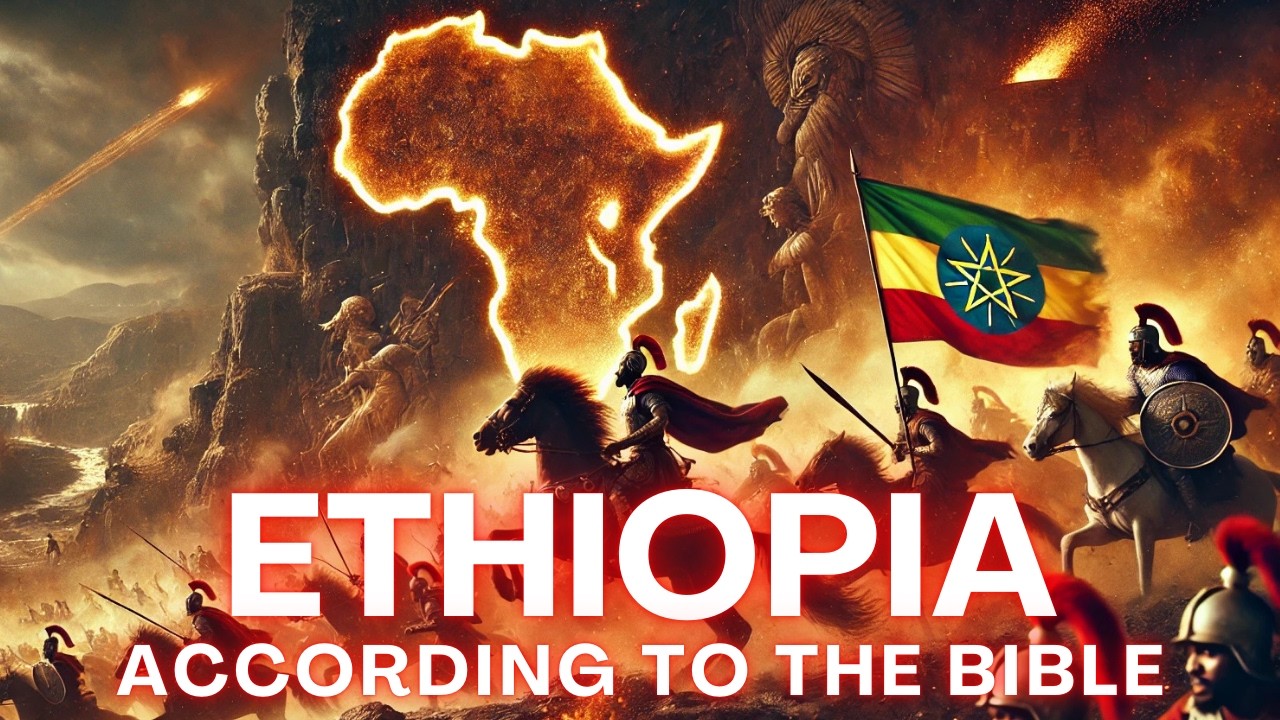
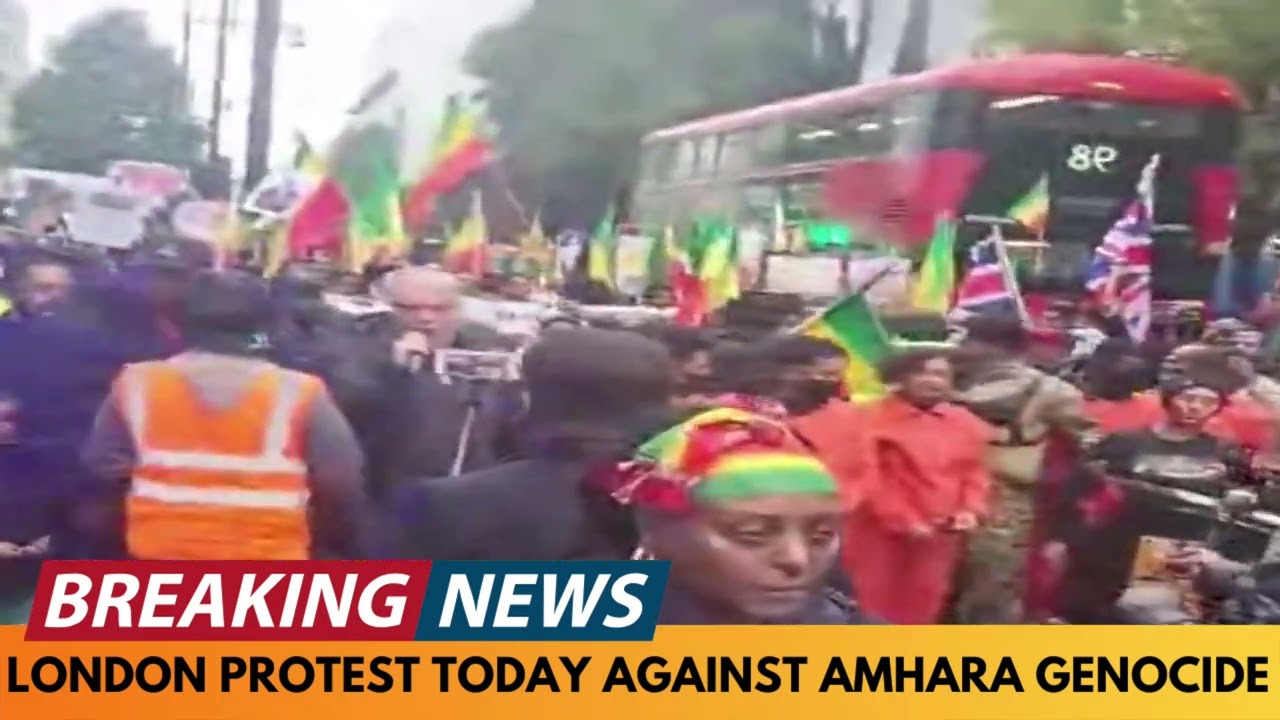
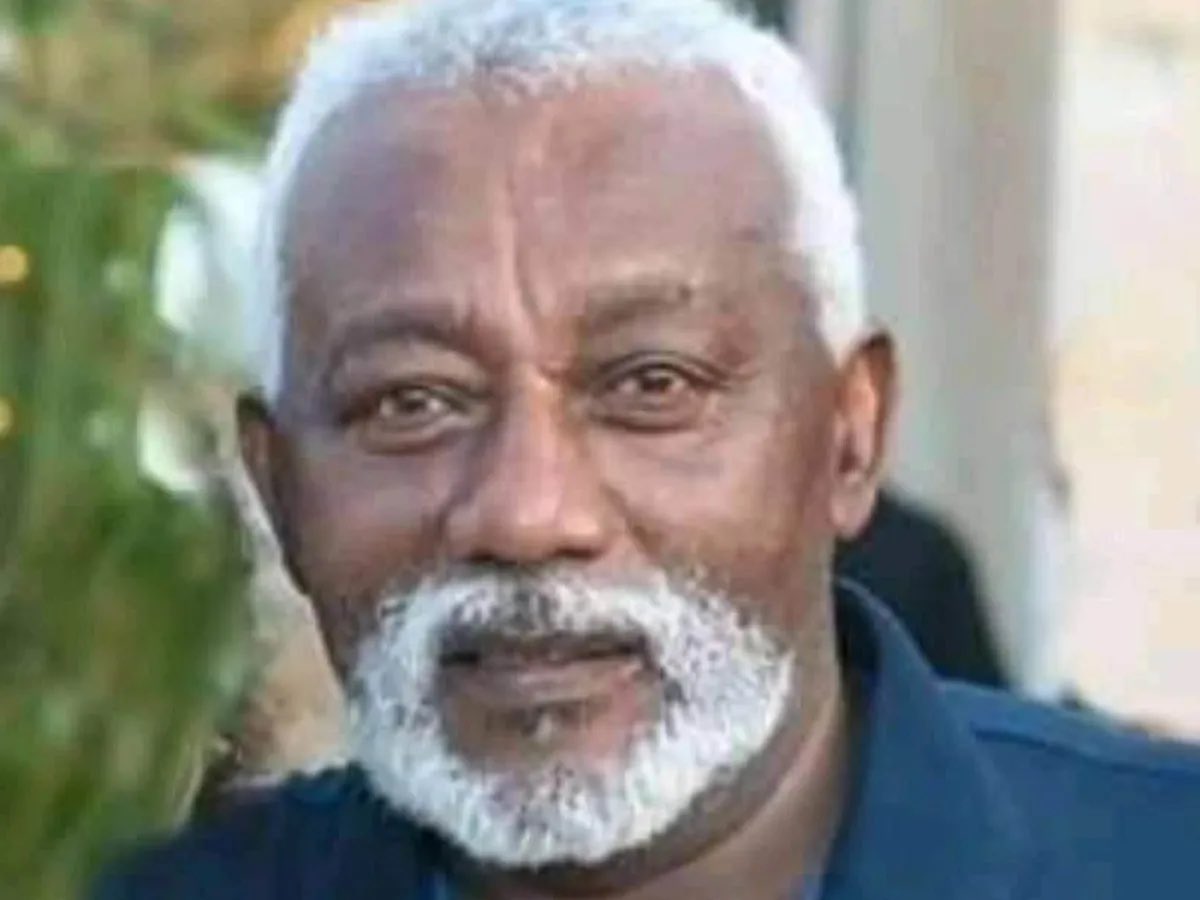

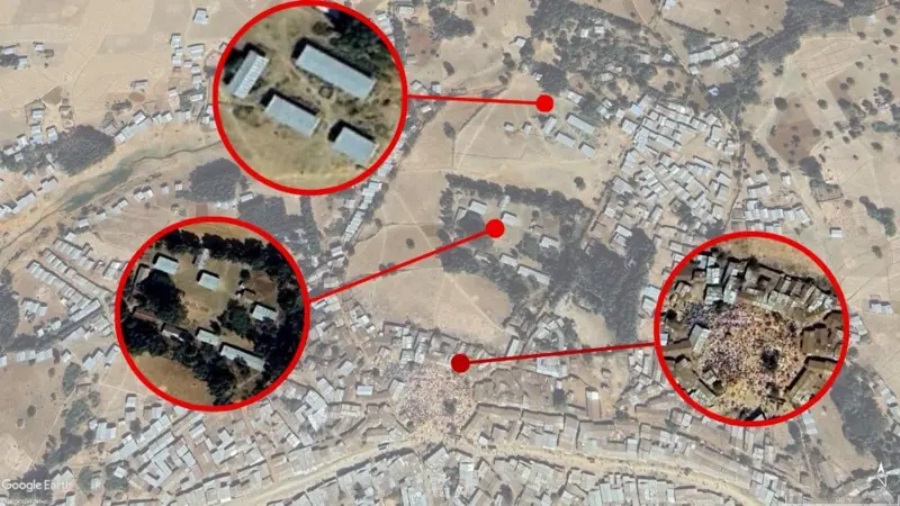

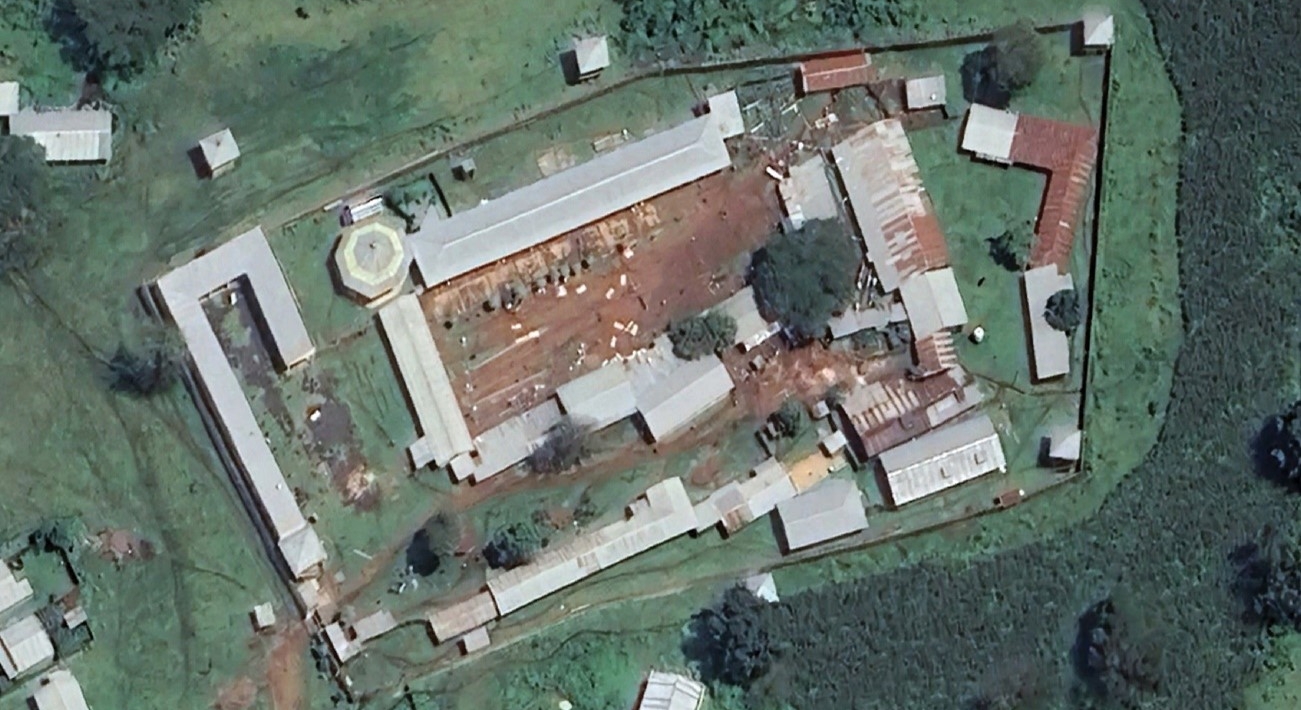


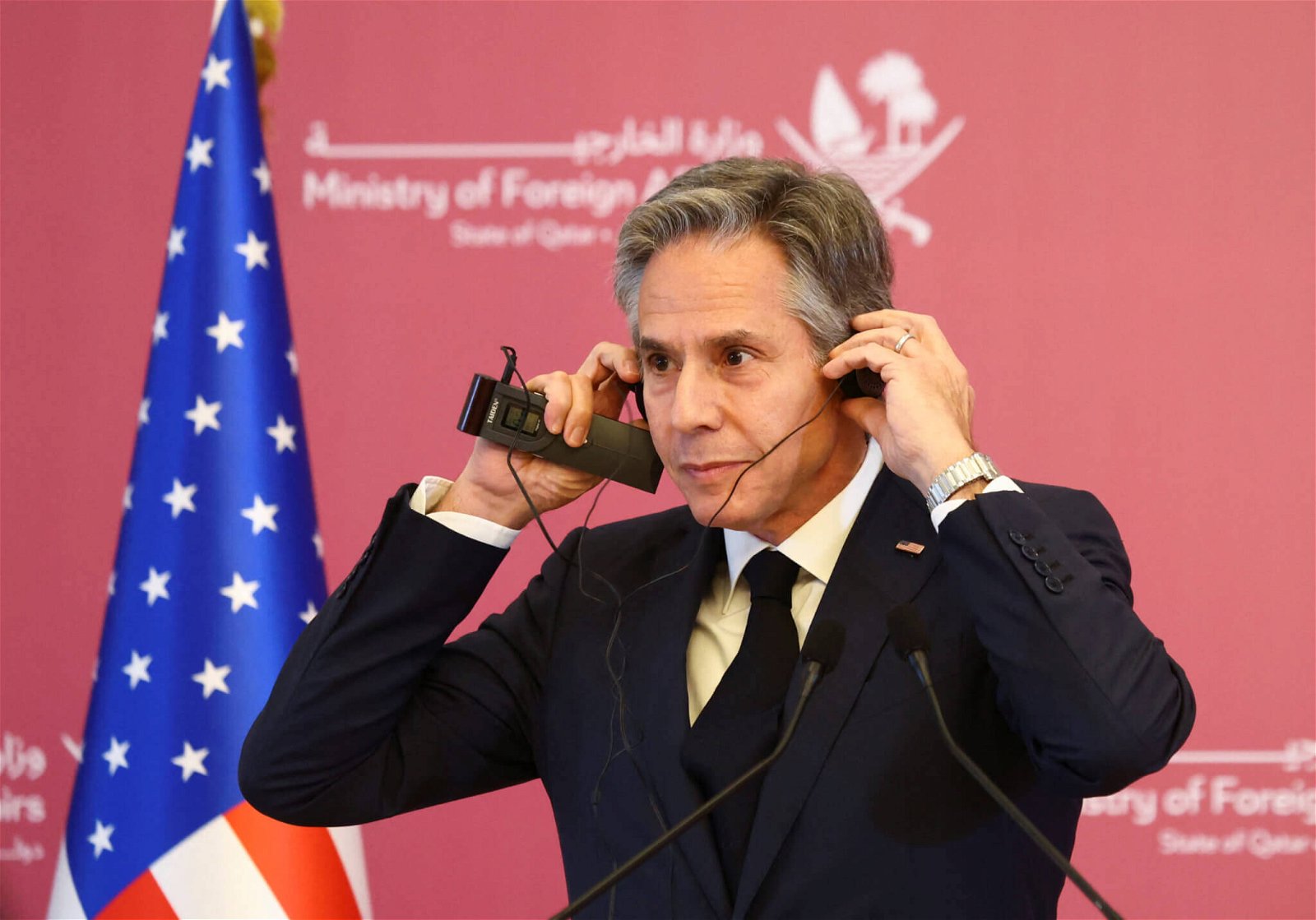
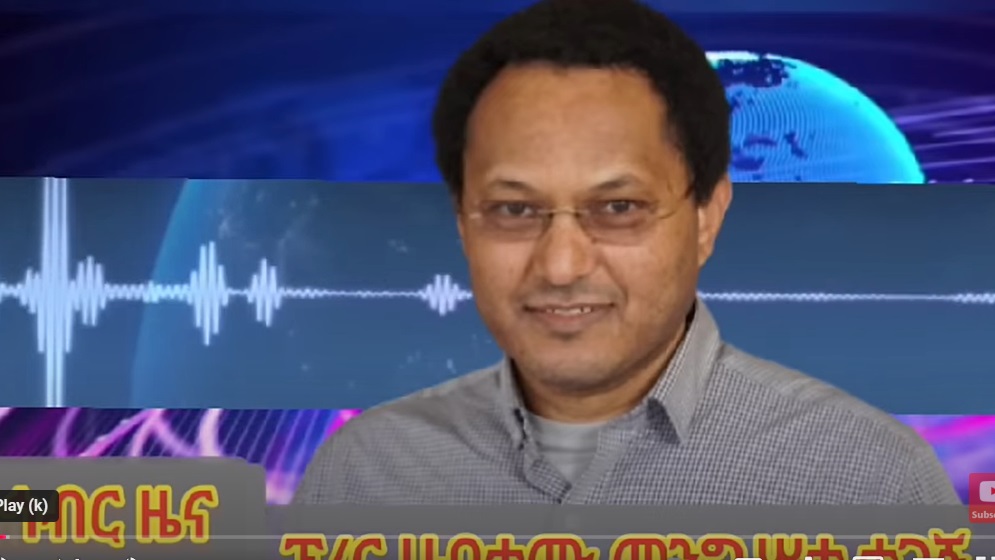
Dear Dr. Tsegaye:
I think there is a need for a correction in ” … The popular movements in Tigray, Oromo, Amhara and Eritrea are testimonies of distrust of the central government of Ethiopia. These movements did not trust the central Ethiopian government when it comes to the design, oversight and implement of economic and institutional reforms.”
የፋኖ ትግል የማንነት፣ የሕልውና፣ የእኩልነትና የዜግነት፣ የኢትዮጵያዊነት ትግል ነው። ሕወሀትና ኦነግ የታገሉት ለሥልጣንና ለመዝረፍ ነበር። ለአገር ሰላምና ዕድገት ቢቆሙማ ኖሮ፣ ከ 27 ዓመት እሥር ቤት የወጣው ኔልሰን ማንዴላ እንዳደረገው፣ በ 1983 ዓ.ም. ደርግን በአማራ ድጋፍ አባርረው ምኒልክ ቤተ መንግሥት አንድላይ ሲገቡ፣ ፍጹም ኢዲሞክራሲያዊና የፌደራል ሽታ የሌለው፣ አማራን ሙሉ በሙሉ ያገለለ፣ የወያኔ- ኦነግ አገዛዝ ሥርዓት አይመሠርቱም ነበር። ሁለቱም የመጡት ለትግራይ ሕዝብ ወይም ለኦሮሞ ሕዝብ ተቆርቁረው ሳይሆን ለመግዛትና ለመዝረፍ ነበር። ለዚህም ዋና ምስክሩ, በሕወሀትና ኦነግ የአገዛዝ ሥርዓት ውርሳቸው መሠረት፣ ዛሬ በመድማትና በመራብ ላይ ያሉት ትግራይና ኦሮሚያ ናቸው።
እንደ ኔልሰን ማንዴላና ሲሪል ራማፖዛ ዓይነት አስተዋይና አገር ወዳድ መሪዎች የፈጠሩት ዲሞክራሲያዊና ፌደራላዊ ሥርዓትማ ይኸው ዛሬም እያበበ ለሰላምና ዕድገት መመመሪያ ሆኖ አፍሪቃንም እያኮራ እየጠቀሙበት ነው። የእኛዎቹ ግን ያተረፉልን ለኢትዮጵያ ውርደት፣ ጦርነት፣ ውድመት፣ ጎሣ በጎሣ ላይ የበላይ የሆነበት፣ ዕልቂትና ስደት ሲሆን፣ ለጥቂት መሪዎች ግን ቢሊዮኔርነት ማስገኘቱም ይወራል። እስካሁን ፋኖ በሠራው ብቻ ሲመዘን፣ ፋኖ አይለይብህም ? እንደ ምሑር፣ በግን ከተኩላ መለየት አይገባም ?
Dear Dr. Tsegaye:
Do you really believe that FANO, TPLF, OLF and EPLF are alike in their causes for armed struggle ?